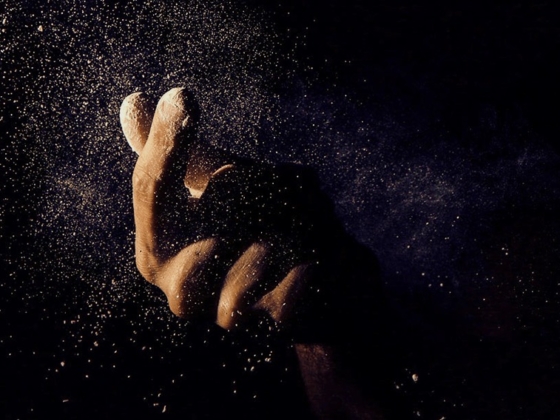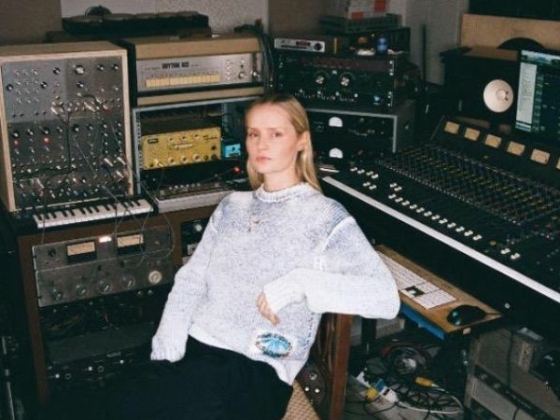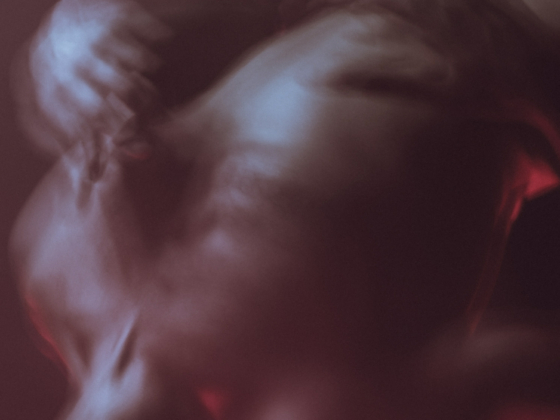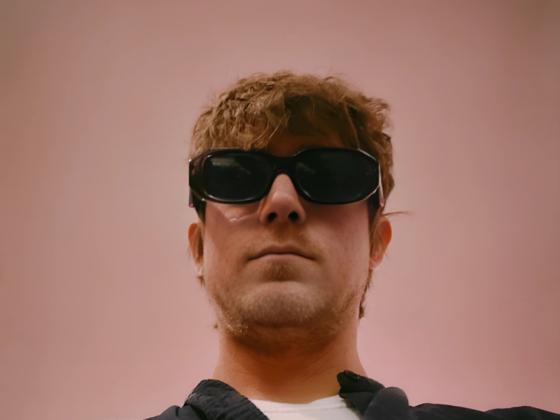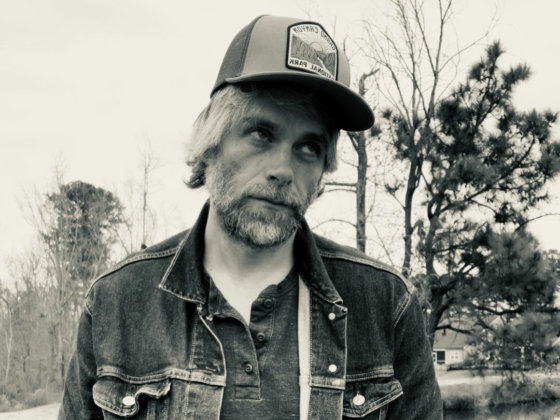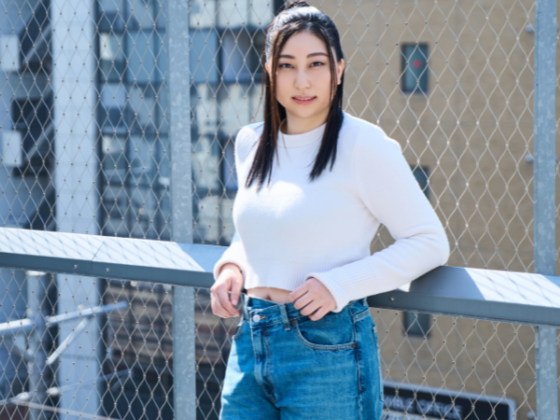Aurora's accomplishments don't just come to someone, especially an artist whose strain of indie-pop straddles the edge between catchy mystical mainstream tunes and intriguingly dark, very touching music that extends its reach beyond what you could hear on the radio. Her branding is wonderful; any of Aurora’s official artwork summarizes the sounds of her music to a finite point; for example, one of the songs on her album, "Alive" has the lyric "Wrapped inside a cocoon made of flesh and bone" and the album artwork is a beautiful depiction of Aurora as a moth-like creature, encased like in a cocoon with moth wings.
Watching her music videos makes you feel like you're being swept away in a wintry fantasy world, a barren and sandy landscape, up and away with the melodies that she sings. Even Aurora's social media, where she often posts pictures or statuses relating to her life, seem to be merely an extension of what fans hear in the words of her musical storytelling.
Yet after listening to her album several times over, I knew that her success couldn't be attributed mainly to good branding or marketing. There was something eerily genuine and wholesome about Aurora's artisanship, whether it be listening to "Runaway", in which an edge of desperate fervor can be heard in her voice, or through the more tender and touching depiction of innocence in "Through The Eyes of a Child". Most of the songs on her album were ones she had written herself as well, and as a result, her album rings with a satisfying honesty.
Touring life had caught up to Aurora the past two nights, where she had to cancel her shows in Toronto and Montreal after losing her voice. Luckily, I got a chance to chat with Aurora before her Sunday show in Boston, and while entering the venue, I saw that some fans were already lining up, three hours before the actual show.
"It’s very strange being on tour but it’s been nice so far because you get to be in the zone for a while," she says. "It’s very nice to. I don’t know, you learn a lot more every time you perform and it’s very fresh in your memory for the next day so you can kind of, really improve yourself and work on getting better and better every time, which I like. But it’s very strange as well because I’m away from my family a lot and the time differences and I can’t really call them because when I’m awake then they’re asleep and opposite so it’s a bit like I miss home but in a good way. It’s nice to miss home."
And far from home she is. This soon to be twenty year-old singer-songwriter from Norway has built quite a solid and growing following which culminated with the release of her debut album, "All My Demons Greeting Me As A Friend" on March 11. Her cover of "Half A World Away", which she sang at the Nobel Peace Prizes in December, currently has over 18 million listens on Spotify. And last month, she embarked upon a massive tour which began in the US and will end sometime mid-October back in Europe. These days, Aurora's life is just busy.
The ponderous and often revealing nature of Aurora's music seems to stem from a very essential part of her being. Any interview you read about Aurora will tell you that Bob Dylan and Leonard Cohen inspired her in terms of how she writes her songs. Yet soundscape-wise, Aurora is influenced by the iconic Bjork, whose sounds were like “fireworks and dreams and nightmares” as she put it.
Overall though, Aurora’s music seems to drive at touching people emotionally, because she herself is very emotional.
“I dream a lot. I have a very vivid imagination. I’m very emotional, I’m going to say it twice because I am very emotional, which is nice to be I think.”
While Aurora’s live performances seem to depict a spirited and bold artist who expresses feelings through both the pictures she paints with her body language and her voice, Aurora also mentioned that she’s still trying to work on not talking too much in between songs and being “more concrete” when addressing her audience on stage. “It does stress me out to be a person that has fans”, Aurora explains, and pinpoints the drifting of her mind and thoughts aloud during performances to this still slightly alien concept of being someone that people looked up to. But resultantly, “when people actually come over to you they’re just nice people. Because people are people and I love these people who are already waiting in line outside the venue”.
Aurora isn’t just being guided through the process of becoming a quickly rising star like a blind follower. In fact, she’s conversant of what her job as a growing mainstream act may entail, and told me straightforwardly that though she has never cared about how how many people listen to her music, “I guess in the beginning of a career, you have to compromise a bit because these people are putting a lot of effort and time and money into my project and of course having more understandable songs are easier to like. It makes it more possible to be successful which is not my job to care about, but people around me care about it which is important. But I know that the more freedom I have to do what I want and these people are not against me of course, but we have different minds.”
And I don’t think business at all,” she consciously adds, and acknowledges the fact that songs like “Conqueror", "which I do also like, at the end of a show, live, because it’s a bit happy” is not her favorite song, obviously. "Wisdom Cries", one of the bonus tracks, is her favorite song and she believes that she will "definitely go a bit more complex" as she becomes more powerful.
"Why do we get embarrassed when we cry?"
Aurora brought this question up when I asked her what she hoped fans would get out of going to one of her shows.
"It’s such a beautiful thing. And I love seeing people cry, it makes me fall in love with them because it’s such a beautiful thing to cry, to laugh, to just be human."
With words like these, it's not difficult at all to see why Aurora's music is so enrapturing. She may be young, but her insightful thoughts ring with a wisdom beyond her age.



